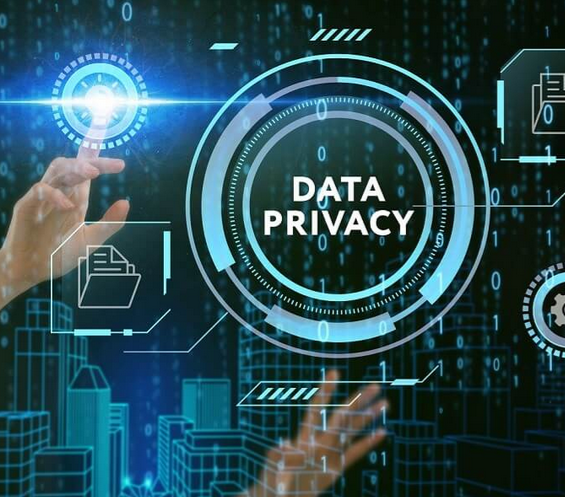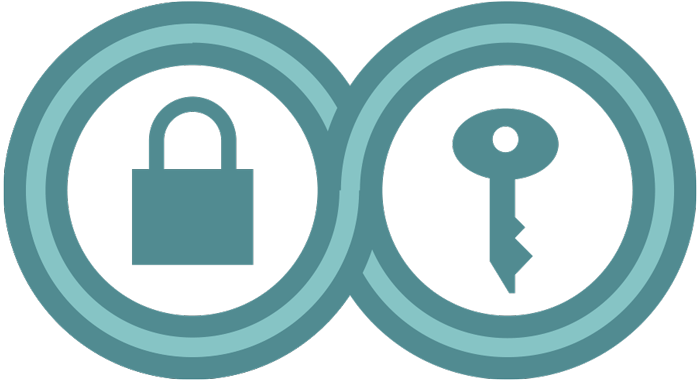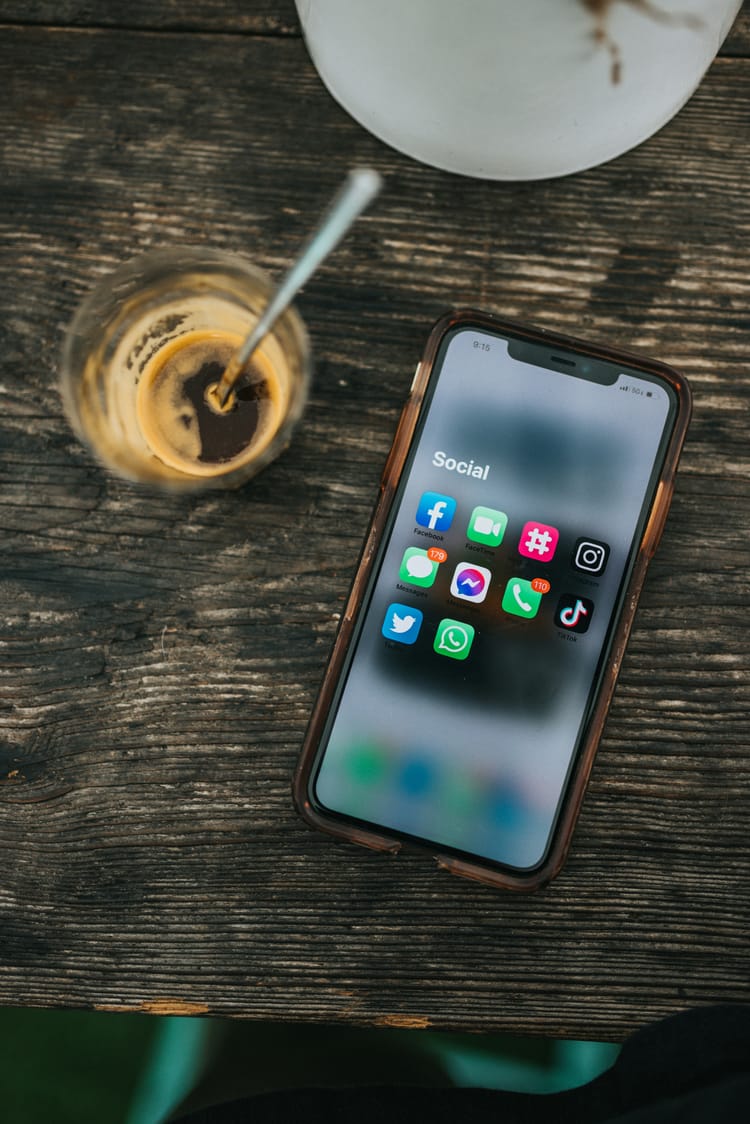A Beginner’s Guide to Data Privacy: My Journey and My Two Cents

It all started when a dear friend of mine introduced me to the world of data privacy. He’s deeply invested in safeguarding his personal information and is always cautious about what he shares online. His passion for privacy was contagious, and he patiently explained the importance of data protection to me. Thanks to his guidance and persistent encouragement, I began my journey towards understanding and practicing data privacy. It all started with him, and because of him, I took my first steps towards securing my digital footprint.
Before this journey, my approach towards data privacy was, frankly, reckless. I used the same password across all my accounts, accepted cookies on every website without hesitation, and didn’t think twice about what I shared online. Looking back, I realize how lucky I was to have avoided any serious consequences, like a data breach or hacked account. However, the realization that my online behavior was being monitored hit me hard when I noticed how targeted ads followed me everywhere. The thought of being tracked so invasively was unsettling and pushed me to take action.
Breaking Through Privacy Misconceptions
I initially saw privacy as a luxury for those with something to hide, not realizing that privacy is a fundamental right for everyone. This misconception kept me complacent, making little to no effort to protect my personal information. One of the biggest shifts in my mindset was letting go of the idea that "I have nothing to hide." Privacy isn’t about secrecy, it’s about consent. Realizing this changed everything for me.
To understand the problem, I turned to reliable sources like the Electronic Frontier Foundation and Privacy Guides. These organizations provide valuable insights into the scale of online tracking and surveillance. I also discovered YouTube channels like Techlore, Naomi Brockwell TV, and The Hated One, which break down the latest privacy tools and news, making it easier to stay informed and take control of my digital security.
Importance of Data Privacy Today
Protecting Your Personal Information
In an age where data breaches and scams are real threats, protecting your personal information is more crucial than ever. Cybercriminals are constantly finding new ways to exploit vulnerabilities, making it imperative to stay informed and proactive about your privacy.
Long-Term Implications
Data is forever. What’s collected today could harm you tomorrow. Personal information can be used in ways you might not anticipate, affecting everything from your financial security to your relationships. Understanding the long-term implications of data collection is essential for making informed decisions about your online presence.
The Expanding Reach of Surveillance
Surveillance tools continue to grow in scope and reach. They are not limited to tracking criminals and are increasingly used by governments and corporations to monitor behavior, sometimes crossing ethical boundaries. Being aware of how these tools are used can help you navigate the digital landscape more safely.
Steps I Took
Minimizing my digital footprint has been a gradual journey, shaped by deliberate and thoughtful changes. In this guide, I’ve shared some of the tools I use and trust, but it’s worth noting that there are countless excellent options available. Here’s how I’ve approached the process and the tools I rely on:
Browser Security
My first step was switching to privacy-focused browsers. Firefox became my default desktop browser, configured with custom privacy settings and essential extensions. Mullvad Browser serves as my secondary option for more sensitive browsing, while Brave handles my mobile needs. These browsers actively block trackers, prevent fingerprinting, and minimize data collection. The difference was immediately noticeable, cleaner browsing experience, faster page loads, and significantly fewer targeted ads.
I enhanced these browsers with carefully selected extensions. uBlock Origin blocks ads and trackers while consuming minimal system resources. Privacy Badger learns and blocks trackers as you browse, providing dynamic protection without breaking website functionality.
You can also use privacytests.org to compare browsers and see how they handle tracking and other privacy measures.
Password Management and Email
Bitwarden has become my go-to password manager, securely generating and storing strong, unique passwords while managing two-factor authentication. Though the transition took a few days to update passwords across all my accounts, the boost in security made it completely worthwhile. With the browser extension, logging in and updating passwords is now a breeze.
For email service, I migrated to Mailbox.org with a custom domain, ensuring complete control over my digital communications. You can also use privacy-focused providers like ProtonMail or Tuta, which offer E2EE in-network, and tools like password-protected emails for anything out-of-network.
Cloud Storage and Note-Taking
Ente delivers the perfect balance of privacy and usability for cloud storage. With end-to-end encryption, my photos and videos remain private, and the automatic backup feature ensures secure, convenient access across all devices.
For note-taking, I've replaced Google Keep with Obsidian and Notesnook. Obsidian handles my notes with local storage and markdown files, while Notesnook provides encrypted sync for sensitive information. This setup ensures my notes remain private while maintaining the flexibility to access them when needed.
Operating System Shift
The decision to switch from Windows to Fedora Workstation was one of the best I’ve made, and it all started with my friend’s recommendation. Windows 11's intrusive telemetry and data collection practices left me feeling paranoid as if my every move was being monitored and monetized. When my friend suggested Fedora, I was intrigued by its promise of stability, security, and respect for user privacy.
The transition wasn’t easy. I had to learn about package management, configure system settings, and explore open-source software. However, my friend’s guidance kept me going. The result was worth every moment of effort. Fedora gave me a level of control and transparency that Windows never could, freeing me from the constant surveillance that had become the norm.
If you’re reading this and considering a similar switch, take it from someone who’s been there. Fedora is a fantastic choice, especially if you’re looking for a privacy-respecting, beginner-friendly Linux distribution. And if you're from a non-IT background like me, and have a friend like mine who’s willing to guide you, don’t hesitate to lean on their expertise, it can make all the difference! 😛
Network Protection
Be careful when choosing a VPN provider. A lot of them are scams made by fake companies that steal your data. Stick to well-known providers like Mullvad or ProtonVPN to stay safe.
I use Mullvad VPN to add an extra layer of protection, preventing websites and data brokers from easy profiling. Many VPNs secretly keep logs of your activity, but Mullvad doesn’t. They have a strict no-logs policy, which means they don’t track or save anything you do. Always pick a VPN you can trust to keep your data safe.
Why I Prefer Free and Open-Source Tools
Free and open-source software (FOSS) has been a game-changer for me. Unlike proprietary software, FOSS is transparent, meaning anyone can inspect the code for vulnerabilities. This transparency builds trust and ensures that the software prioritizes user privacy over profit.
For example, Linux offers a level of customization and security that Windows simply can’t match. Similarly, Bitwarden and Firefox are open-source tools that have earned my trust through their commitment to privacy. Websites like PrivacyTools.io and Awesome Privacy offer curated lists of such tools, making the transition to FOSS even easier.
For those with technical expertise, contributing to open-source privacy projects is one of the most effective ways to support the cause. Free and Open Source Software (FOSS) tools like Tor, GrapheneOS, and VeraCrypt are essential for people worldwide, but these projects are often critically underfunded and under-resourced.
Developers can help by building features or fixing bugs, while researchers can perform security audits to identify vulnerabilities. Even small contributions, like reviewing code, can make a huge difference.
Essential Privacy Resources
I’ve personally used these resources and they are worth checking out:
Breach Detection Tools
- Mozilla Monitor: A free service by Mozilla that alerts you if your email address appears in data breaches, helping you take action to protect your information.
- Have I Been Pwned: A comprehensive database that allows you to check if your email address or phone number has been compromised in data breaches.
- Have I Been Sold: Similar to Have I Been Pwned.
- Pwned Passwords: A feature of Have I Been Pwned that lets you verify if a password has been exposed in data breaches, enabling you to avoid using compromised passwords.
Active Protection Tools
- Ghostery: Detailed tracker blocking with analytics.
- uBlock Origin: Free, open-source ad content blocker.
- Privacy Badger: A browser extension that automatically learns to block invisible trackers.
Organizations Protecting Digital Privacy
- National Cybersecurity Alliance: A non-profit organization dedicated to creating a more secure, interconnected world by providing cybersecurity education and resources to individuals and organizations.
- Electronic Frontier Foundation: Leading non-profit organization defending civil liberties in the digital world, focusing on issues like digital privacy, free speech, and innovation.
- European Digital Rights: A collective of NGOs, experts, advocates, and academics working to defend and advance digital rights across Europe, challenging abuses of power by private and state actors.
- Privacy International: Global non-profit organization dedicated to defending and promoting the right to privacy worldwide, challenging surveillance, and advocating for stronger data protection laws.
Ongoing Challenges and Growth
Even after two years, I feel there is so much more to learn and refine in my privacy journey. One area where I still feel I’m growing is understanding the deeper technical aspects of privacy tools, like configuring Linux for maximum security or using more advanced privacy-focused software like encrypted messaging platforms or self-hosted services. While I’ve made progress, I sometimes feel like there’s a steep learning curve in grasping how these systems work behind the scenes.
Another aspect I’m working to improve is my balance between convenience and privacy. For example, I sometimes struggle to switch entirely away from certain mainstream platforms because they are so entrenched in daily life. Finding privacy-respecting alternatives that are user-friendly and practical remains an ongoing challenge.
I’m also learning how to protect my metadata, which is harder to control. Even with tools like VPNs and encrypted cloud storage, I know that some information, like browsing habits or communication patterns, can still be tracked. This has been a tricky area to navigate, and I’m constantly trying to further educate myself on ways to reduce my digital footprint.
Furthermore, I’m working to become better at helping others understand privacy. While I’m happy about my progress, I sometimes find it difficult to explain privacy practices in a way that feels approachable to friends or family who aren’t as interested or informed. Sharing this knowledge in a meaningful and accessible way is something I aim to improve.
Above all, to my friend, thank you for being my privacy coach, and my occasional reality check when I over-complicate things. I wouldn't be where I am today without your guidance, and I owe much of my progress to your patience and wisdom. Here’s to many more years of learning, and laughing at my inevitable blunders along the way.
Final Words
Privacy means different things to different people. Some may aim for total anonymity, leaving no trace of their digital footprint, while others may simply want to limit how much personal information they share online. And that's completely okay because the goal is not to push yourself towards total anonymity but to find the level of privacy that fits your lifestyle and priorities.
When people say "I have nothing to hide," they're missing the bigger picture. It's like saying "I don't care if someone installs cameras in my house because I'm not doing anything wrong." Remember, privacy isn't about hiding but about having control over your personal information and life.
It’s not just about how we feel today, it’s about the kind of world we’re creating for our future selves and the next generation. We do not want to set up a system that takes away people's right to privacy because privacy is the foundation of a free society.
Yes, some aspects of privacy are beyond our control. Metadata, third-party data sharing, and government surveillance are realities we can't always avoid. But the power is in our hands to take control of what we can.
Focus on what is within your control. Use encryption to protect your data, choose privacy-focused tools, manage your digital footprint carefully, and stay informed about the latest best practices. Every step you take, no matter how small, contributes to a safer digital life. Take action where you can, and know that you’re making a difference!
If you’re looking to understand digital security better, I highly recommend EFF’s Surveillance Self-Defense guide. Check it out here:





Comments ()